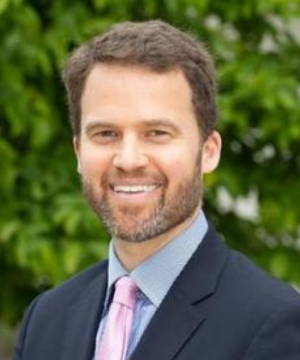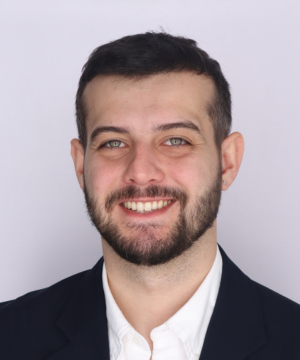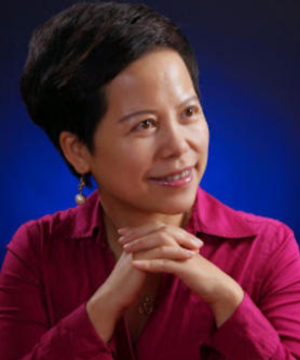China remains one of the largest capital exporters in the world, yet there is generally a lack of reliable information on the consequences of Chinese overseas projects. These projects range into the billions and can be transformative for local economies, especially for emerging technologies, large-scale infrastructure, and sustainable energy projects. However, regulations for Chinese outbound investment can be immature and Chinese firms sometimes resort to shortcuts, violating laws of the host state. Particular areas of concern are labor violations and degradation of local environments. From building electrical transmission lines that power Brazil to mining bauxite in Guinea to produce aluminum, Chinese overseas projects affect the economy, local communities, and environment in many ways. How can the stories of these projects shed light on the good and bad practices of Chinese outbound investment?
In interviews recorded in March 2025, Matthew Erie, Marco Germanò, and Jingjing Zhang join the National Committee to explain the reality of Chinese outbound investment through examining two recent Chinese projects in Guinea and Brazil.
A Casebook on Chinese Outbound Investment: Law, Policy, and Business
is a product of the “China, Law and Development” project at Oxford University. The CLD project is an international and multi-disciplinary project that aims to develop empirical studies of how Chinese actors (e.g., SOEs, nominally private tech companies, lawyers, entrepreneurs, etc.) engage in challenging legal and regulatory environments both internationally and domestically, in partner states across the world. The Casebook provides 15 case studies on critical issues pertaining to Chinese overseas direct investment ranging from corporate governance to the social and economic effects of such projects. Case studies are written by experts and researchers, many from host states that receive Chinese capital and have first-hand knowledge of the transactions and disputes in question. The Casebook is written for educators, students, policymakers, businesses, and civil society with the hope that understanding the adaptations of Chinese law and capital in an increasingly fragmented economic landscape will help shed light on the future of global development, international law, and regulatory reform especially in developing countries. The Casebook is available open access.
Speakers

Matthew S. Erie
Matthew S. Erie (J.D., Ph.D.) is an Associate Professor, Member of the Law Faculty, and Associate Research Fellow of the Socio-Legal Studies Centre at the University of Oxford. Starting fall 2025, he will be an Associate Professor of Law at American University Washington College of Law. Professor Erie’s research lies at two types of intersections: the first is between Anglo-American common law and Asian law and the second is between law and the social sciences. Trained as a lawyer and anthropologist, his work addresses such issues as law and capitalism, global (dis)orders, comparative international law, socio-legal methods and theories, and China. His first book, China and Islam: The Prophet, the Party, and Law (Cambridge University Press, 2016), is the first ethnographic study of the relationship between sharia and state law in China. His current research project “China, Law and Development” examines China’s approach to international law and the legal and regulatory systems of host states receiving Chinese capital. He is currently working on a number of book projects which grow out of this project.

Marco Germanò
Marco Germanò is a Research Associate at the University of Oxford and a Research Assistant at New York University. He has been working on China-related research for the past seven years, focusing on the socio-legal and technological dimensions of China’s engagement in the Global South, especially in Latin America. He holds master’s degrees from Peking University (PKU) and the University of São Paulo (USP), and has previously worked at various international organizations and universities, including the United Nations (UN), the Organization of American States (OAS), the National Autonomous University of Mexico (UNAM), the University of California, Berkeley (UC Berkeley), the Getulio Vargas Foundation (FGV), and the Institute for Applied Economic Research (IPEA).

Jingjing Zhang
Zhang Jingjing is a prominent Chinese environmental lawyer, a lecturer in law at University of Maryland Law School, and Director of the Center for Transnational Environmental Accountability (CTEA). Through her work as the inaugural litigation director with the Beijing-based Center for Legal Assistance to Pollution Victims (CLAPV) between 1999 and 2008, Zhang won several milestone environmental litigation cases in the Chinese courts and was called by the media “China’s Erin Brockovich.” She was selected as a Yale World Fellow in 2008, won the SEE-TNC Eco-award and the Women of Courage Award given by the U.S. Embassy in Beijing in 2011. Her work has been featured prominently in the New York Times and Newsweek, and she was featured in a number of documentaries. She also worked for Natural Resources Defense Council (NRDC) China Program and served as the deputy China Country Director of PILnet, an NGO promoting public interest lawyering globally.